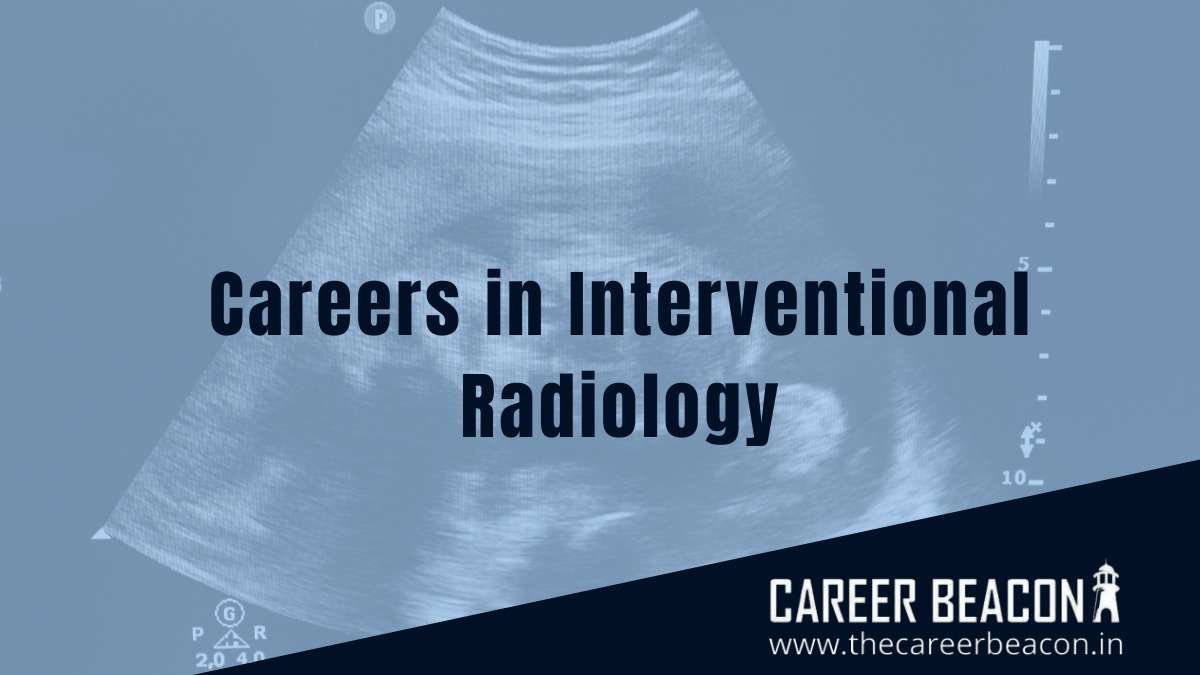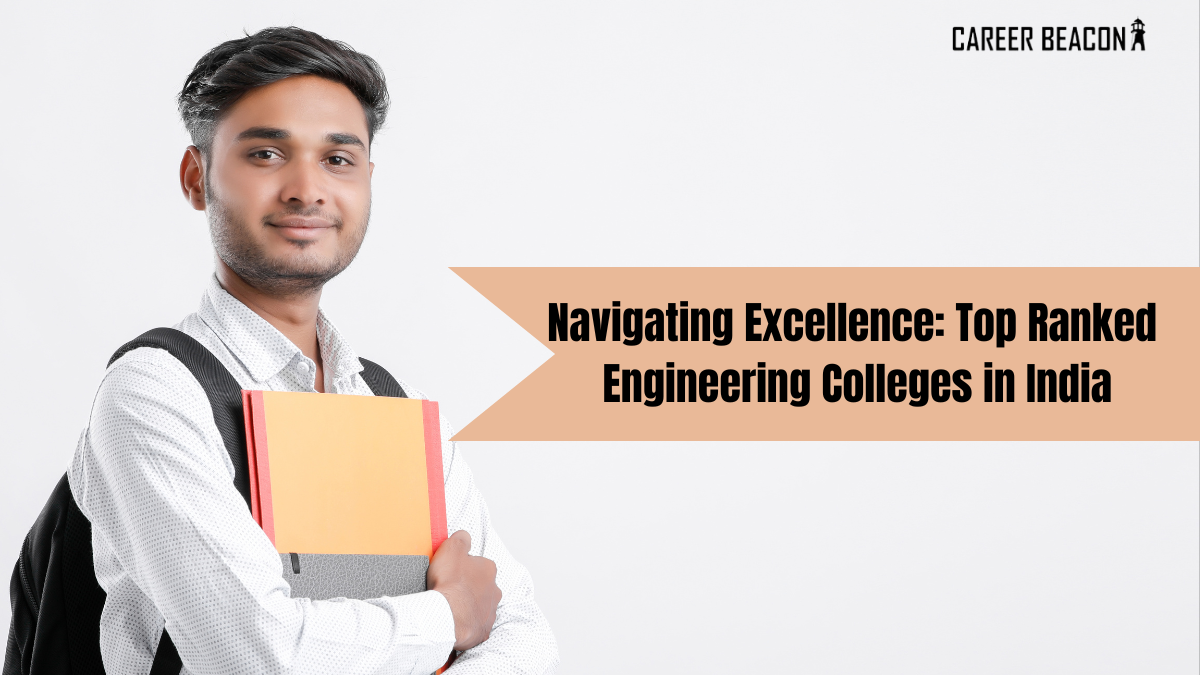
Interventional radiology is a growing high tech field
Interventional Radiology is a rapidly growing high-tech field of medicine that uses minimally invasive procedures instead of surgery to treat a variety of conditions, including cancer.
Interventional Radiology, sometimes called IR, i.e. is a desirable option for many patients.
Compared to open surgery, interventional radiology involves less pain, reduced the risk of complications, and shortened the hospital stays for patients. Most IR procedures are outpatient with little time or no recovery time.
IR gained subspecialty level in 2010 and is the one and only speciality of clinical radiology. The demand is growing day by day in interventional radiology.
The total number of IR systems or procedures increased by over 52% since 2008. It has an intermediate role in many clinical tracks, with an increasing swing towards providing twenty-four-hour access.
The training to enter IR is open to beginners holding national professional training in clinical radiology. Clinical radiology is a check speciality with constant training from speciality training one year to five years.
Radiology is more in demand and craze to deal in medical science for the treatment of diseases. This helps to detect the disease in the body easily. To get enrolled in this you need to have skills and educational qualifications to have a career as a Radiologist.
Here are the options to get opportunities as careers in this field are as follows-
- Radiologist
- Radiology Technician
- MRI Technician
- Ultrasound Technician / Diagnostic Medical Sonographer
- CT Tech / CAT scan Technologist / CT Scan Technologist
- Super-Specialist Hospitals
- Government and Private Hospitals
- Diagnostic Centers
The speciality Training is extended or increased for an additional year for trainees pursuing interventional radiology. Interventional Radiology candidates spend the first three years covering the fundamental clinical radiology modules and aim to complete their companionship examination during this period.
The training in interventional radiology is to handle during 4-6 years. They focus on developing advanced interventional knowledge while maintaining the central capability obtained during the first three years.
The modules rough out the training pathway or tracks for interventional radiology was revised in 2013 and increased speciality training from one or two years to three years. The revised module has an importance on taking primary clinical radiology responsibility for patients treated in interventional radiology. This involves both outpatient and room responsibilities, including seeing patients in clinics and evaluating or estimating, admitting, and following up with patients.
The achievement of the training program leads to a certificate of achievement of training in clinical radiology with interventional radiology as a subspecialization, meaning that interventional radiology subspecialization is indicated as opposed to the individual’s tag in the GMC specialist record.
There are diploma courses, bachelor’s course, master’s course and certification courses in the field of radiology. One can apply for UG courses after completing 12th. The courses offered in radiology are mentioned below:
Certificate Courses:
- Certificate in Radiography
- Certificate in Radiology Assistant
- Certificate in Radiography Diagnostic
Diploma Courses – 2 years
- Diploma in Radiography and Radiotherapy
- Diploma in Radio-diagnostic Technology
Bachelor’s Courses – 3 years
- B.Sc in Radiography
- B.Sc (Hons.) in Medical Radiotherapy Technology
Master’s Courses – 2 years
Some of the Best Colleges to enrol in Interventional Radiology courses are listed below.
- Quantum University, Roorkee
- Maharishi Markandeshwar Deemed University, Ambala
- PGIMER, Chandigarh
- Teerthanker Mahavir University, Moradabad
- Swami Rama Himalayan University, Dehradun
- Madras Christian College, Chennai
- SGT University, Gurgaon
- Shyam Institute of Engineering and Technology, Dausa
- The Centurion University of Technology and Management, Bhubaneswar
- CMC, Vellore
Conclusion
Technology is changing, so we should change with the changing technology. And perceive new and vivid career options available. If you have more queries about the topic, feel free to post your query on untangled. We will get back to you.
Sharing is Caring – Share the article ! Be a Beacon!


